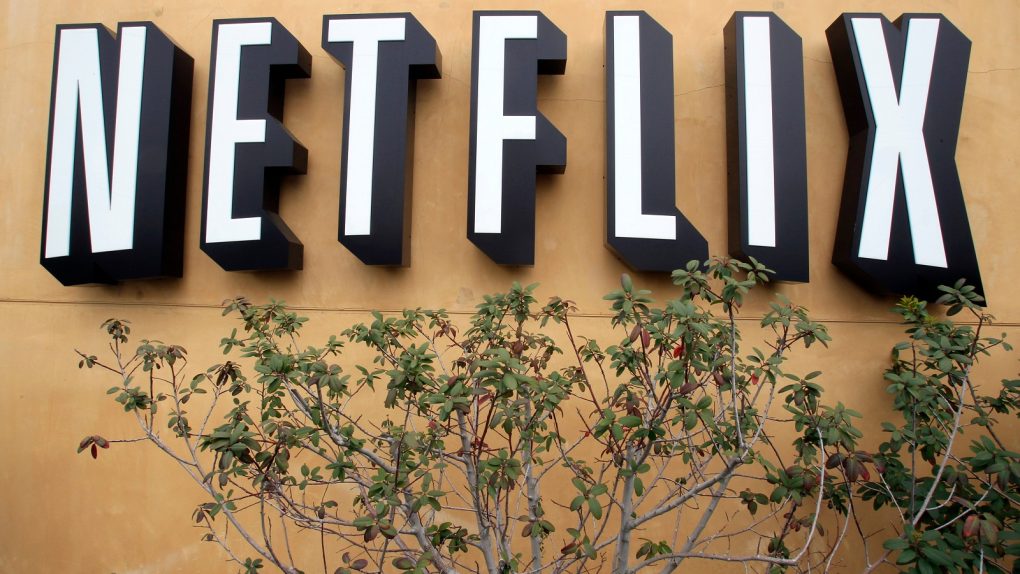Not only is Netflix increasingly dealing with rivals emerging from almost every corner these days, with a handful of new streaming video operations launching over the next year or so backed by deep-pocketed corporate parents, but establishment players also keep dogging the streaming giant with negative comments about the way it does business. And about the way Netflix is regarded by the general public and entertainment industry alike.
Word emerged in recent days, for example, that director Steven Spielberg is trying to convince his fellow members of the Academy of Motion Picture Arts & Sciences to get on board with a recommended rules change that would box Netflix out of the Oscars. By way of explaining his position, Spielberg told ITV that streamers like Netflix should be eligible for Emmys, not Oscars. “Once you commit to a television format, you’re a TV movie. If it’s a good show, you deserve an Emmy. But not an Oscar.”
Meanwhile, there are major changes under way over at one of Netflix’s buzziest rivals. HBO, which is a little more than a month away from airing the much-anticipated final season of Game of Thrones, recently saw the departure of Richard Plepler — the network’s longtime CEO who led the network through an insanely successful three-decade ascension to the pinnacle of television entertainment.
Former NBC executive Bob Greenblatt was recently installed as the new chief of AT&T’s direct-to-consumer business as well as WarnerMedia Entertainment (which HBO falls under), and he just gave an interview to NBC that hints at his ambitions for his organization’s streaming efforts. He also shared some thoughts about Netflix, still the king of the streaming video hill for now.
“Netflix doesn’t have a brand,” Greenblatt said of his rival. “It’s just a place you go to get anything — it’s like Encyclopedia Britannica. That’s a great business model when you’re trying to reach as many people on the planet as you can.”
He’s essentially trying to separate HBO from a streamer like Netflix that, apparently, he thinks tries to be all things to all people. A mass offering, like McDonald’s or Walmart. The other telling comment Greenblatt shared came by way of singling out some Netflix titles by name, offering them praise while in the same breath hinting that HBO — the home of dark, but incredibly popular, fare, ranging from The Sopranos to GoT — may try to go more mass market.

“I liked Jack Ryan as a show,” he said about the Amazon version of Tom Clancy’s popular series of books. And then he continues with a few other Netflix titles: “…The Bodyguard … Russian Doll … the Aziz Ansari Show … The Good Place … This Is Us … There are all kinds of things that are exciting. It’s just got to be really quality. It doesn’t have to be the usual kind of dark show that we think of as premium television.”
How well he and the rest of the WarnerMedia team can walk that fine line, while letting HBO continue to pursue the kinds of great projects that got the network to this point in the first place, will be interesting to watch. It’s certainly fraught with peril, one of the dangers being a potentially watering down of HBO content or of tipping the scales too far in the direction of quantity over quality.
About that last point, though, Greenblatt says the company is committed to quality and very much wants to be associated with the premium branding that he argues eludes a service like Netflix.
“This is a company that really wants this media company to grow and prosper,” he told NBC about HBO’s new corporate parent. “Maybe they want to do it a little more efficiently… but they’re not saying let’s undo HBO.”








